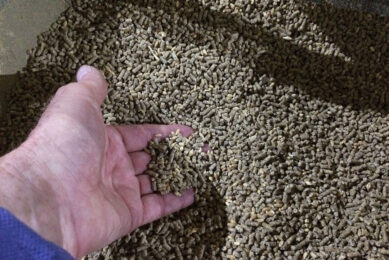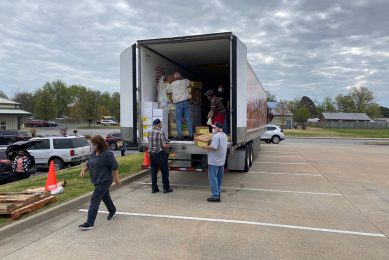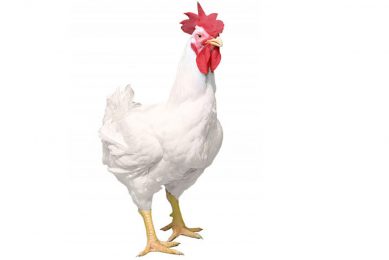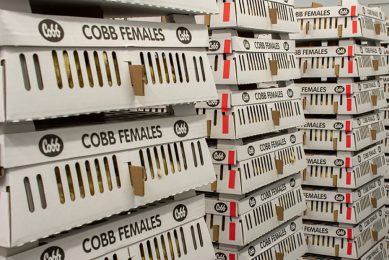New Cobb laboratory to facilitate further growth
The new Cobb biotechnology laboratory doubling the capacity of work on health diagnostics and animal genetics has been opened at the worldwide headquarters at Siloam Springs, Arkansas, USA.
The $2 million investment in the 11,000 sq ft (1022 sq m) complex enhances the range of testing to provide for future product development and continued growth.
Very latest equipment
“With the rapidly expanding rate of incorporating molecular DNA based technologies, the timing is perfect to enable our quality assurance and research teams to have the very latest equipment they need,” says Joseph Schultz, Cobb director of laboratory services.
“With the University of Arkansas and John Brown University so close, we are fortunate to have great diverse teams excited to be working together in this new laboratory.
“They will continue to rotate through the various sections of the new facility -biotechnology, serology, virology, and bacteriology – on a six-month rotational basis to develop the team, keep ideas fresh and continue to improve our processes and procedures.”
Health status of flocks
For routine screening of the health status of flocks, mycoplasma testing and antigen capture for avian influenza benefit from rapid diagnostic technology using real time polymerase chain reaction (PCR) processing. An assay that took four hours can now be completed in one hour.
The same blood sample used for assays to ensure complete freedom from an individual virus such as avian leucosis virus can be used to extract DNA for genome based assays to establish the presence of individual genes to help in making selections in the breeding program.
New biosecurity features have been incorporated such as wearing company clothing with laboratory specific colored coats, laminar flow sterile hoods, room specific ventilation and new sample flow and showering-out procedures so that staff can visit bird facilities the next day.
Pedigree birds
There is a walk-in refrigerator and freezer housing the diagnostic sample library and retaining DNA from at least two generations of pedigree birds. A viewing hallway enables visitors to see work in progress.
“We will continue to partner with external collaborative scientists as well as doing more in-house biotechnology work,” says Schultz. “Our laboratory and veterinary quality assurance teams have been instrumental in working with the USDA NPIP organisations at federal and state levels to allow implementation of routine screening of our flock health status.
Related website
Cobb-Vantress
Join 31,000+ subscribers
Subscribe to our newsletter to stay updated about all the need-to-know content in the poultry sector, three times a week. Beheer
Beheer








 WP Admin
WP Admin  Bewerk bericht
Bewerk bericht